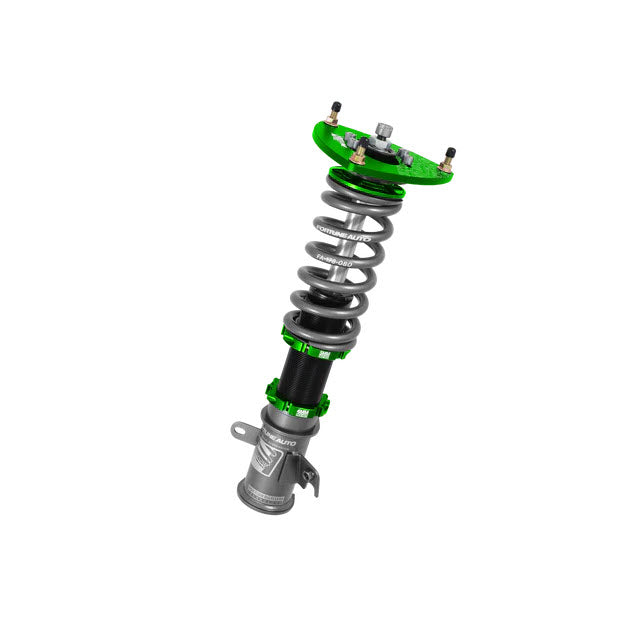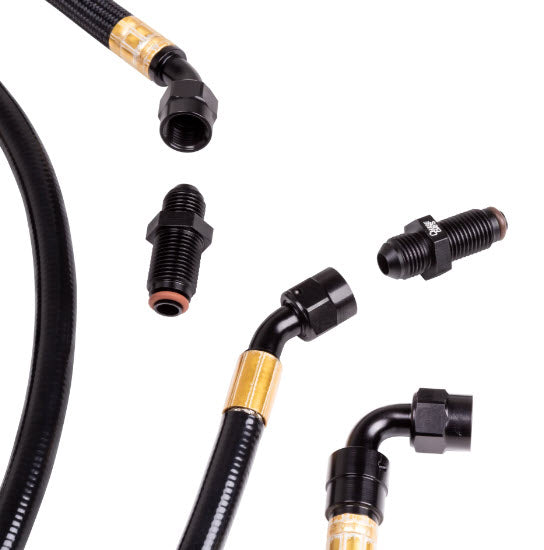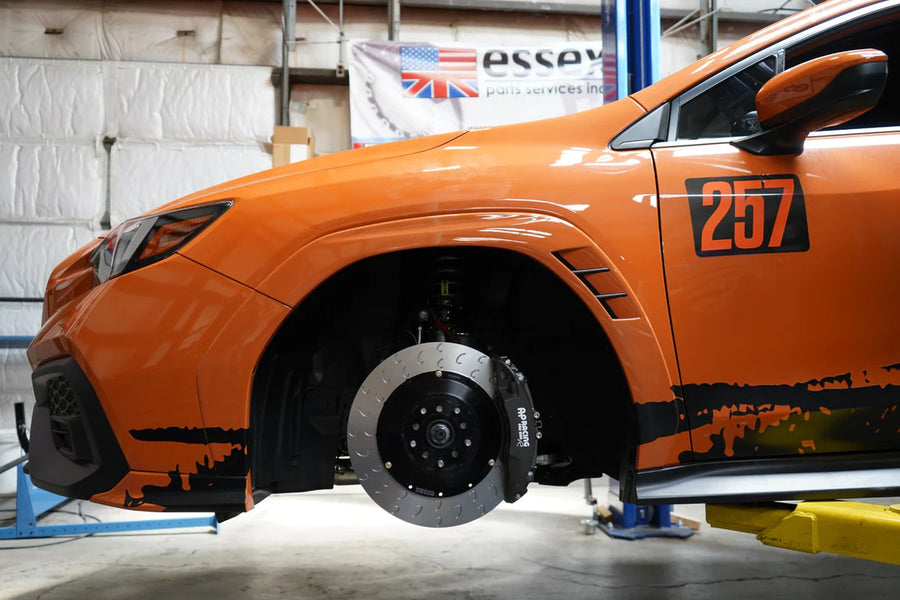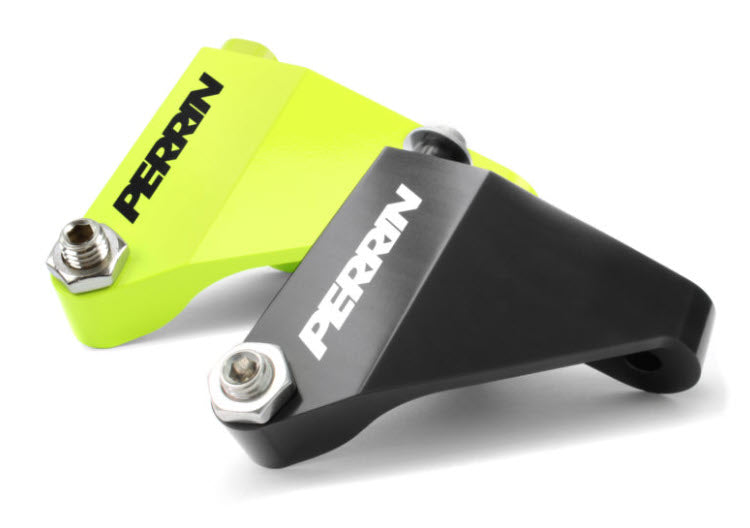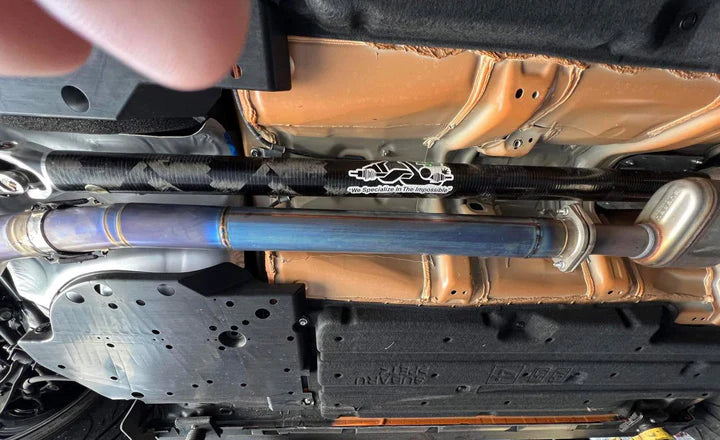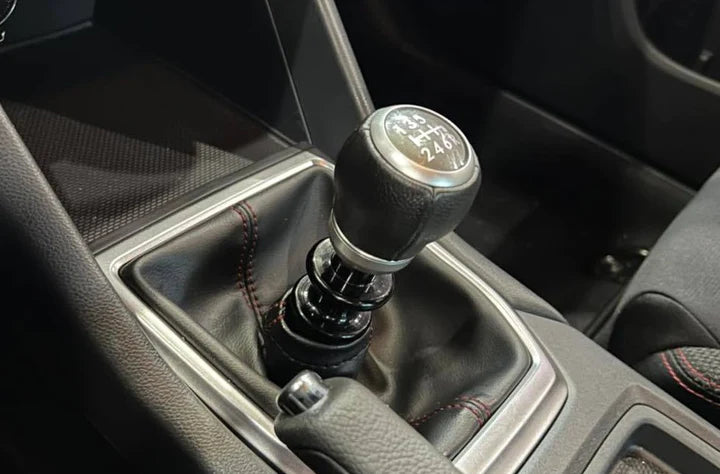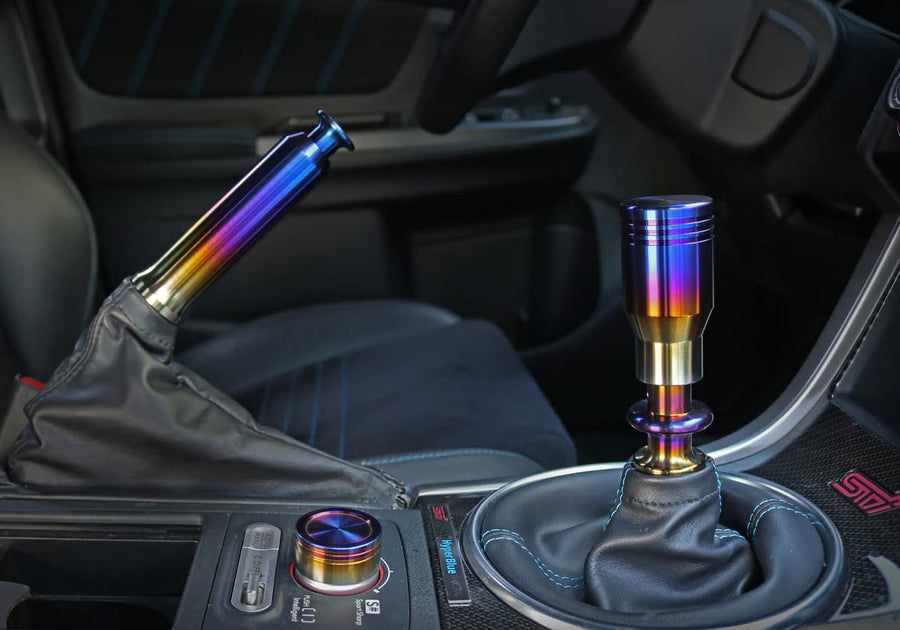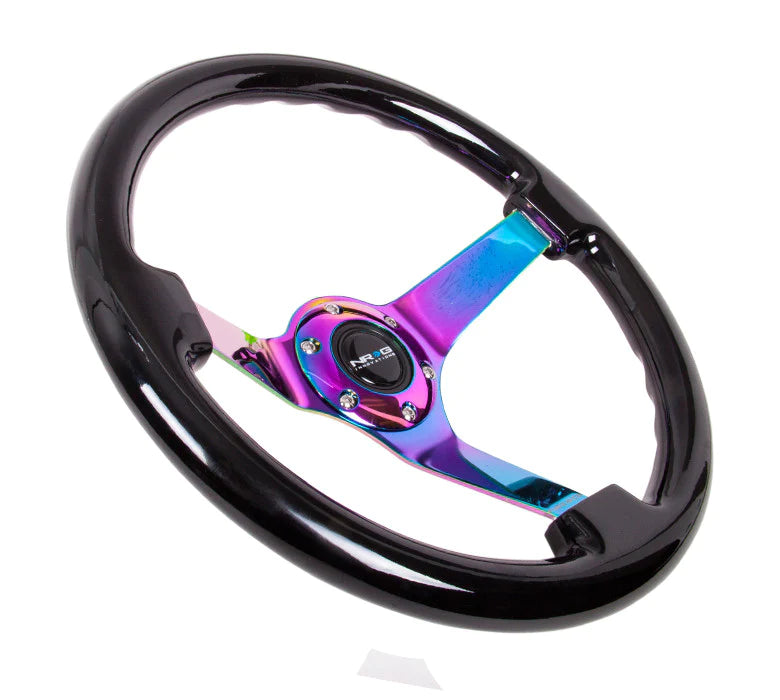Common Misconceptions About Blow-off Valves

Blow-off valves (BOVs) have piqued the interest of countless auto enthusiasts and car lovers. We don’t want to leave any room for misinformation, so we’ll outline the areas of focus: understanding the function of blow-off valves, the reasons behind common misconceptions, and the truth about them.
Understanding the Function of Blow-Off Valves
A blow-off valve is a component in turbocharged and supercharged engines. Its primary function is to release built-up pressure in the intake system when you close the throttle, preventing compressor surge and reducing wear and tear on engine parts. Now, we’ll address some misconceptions surrounding blow-off valves.
Misconception 1: Blow-Off Valves Are Illegal and Harmful to Engines
Some drivers believe that installing a BOV can negatively impact their vehicle’s engine. However, installing a properly sized and adjusted blow-off valve will not harm your engine. It enhances the lifespan of a turbocharger by preventing the torque spike that can occur when the throttle closes quickly. A BOV is perfect for protecting the performance engine parts you add to your vehicle.
Blow-off valves are not illegal if you install them correctly. Some people may associate BOVs with unlawful street racing or loud exhaust systems, but there is no direct correlation between these things and BOVs.
Misconception 2: All Blow-Off Valves Sound the Same
The sound that a BOV makes when it releases pressure is unique to each valve. These differences in sound are due to factors such as the valve’s design, the amount of vented air, and how quickly the valve operates. Drivers who appreciate the distinct sounds of their vehicles can select BOVs that produce specific sounds or enjoy the variety of sounds among different models.
Misconception 3: Turbocharged Cars Come With a Pre-Installed Blow-Off Valve
Though some factory-turbocharged vehicles are equipped with blow-off valves, this is not true for all turbocharged vehicles. Many automakers install a diverter valve or bypass valve instead, which recirculates the excess boost back into the intake system rather than venting it into the atmosphere. Car enthusiasts who prefer the sound and performance benefits of a BOV can swap out the factory-installed valve with an aftermarket blow-off valve.
Gaining a deeper understanding of common misconceptions about blow-off valves allows car enthusiasts to make informed decisions when modifying their vehicles. With this knowledge, you can make the best choices about engine parts for your ride!


